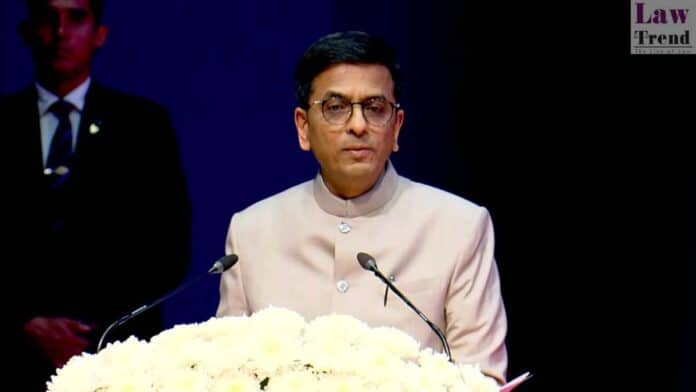In a compelling turn of events, former Chief Justice of India, D Y Chandrachud, addressed allegations from the Shiv Sena (UBT) regarding the Supreme Court’s handling of cases that potentially influenced political outcomes in Maharashtra. The accusations surfaced after the Shiv Sena (UBT), part of the Opposition Maha Vikas Aghadi (MVA) alliance, suffered a significant loss in the recent Maharashtra Assembly elections, securing only 20 out of the 94 seats it contested.
Shiv Sena (UBT) leader Sanjay Raut criticized Justice Chandrachud, claiming that his decisions—or lack thereof—regarding the disqualification petitions of MLAs had emboldened political defections, leading to the MVA’s defeat. Raut’s remarks, made during a press conference post-election, suggested that the judiciary had indirectly facilitated the political turmoil that favored the ruling party.
Justice Chandrachud, in a detailed interview with ANI, refuted these allegations, emphasizing the judiciary’s independence from political influence. He outlined the rigorous judicial schedule of the past year, highlighting the involvement in pivotal constitutional cases decided by various bench compositions, including nine, seven, and five-judge benches.
The controversy traces back to 2022, when internal dissent within the undivided Shiv Sena led by Eknath Shinde resulted in the collapse of the MVA government, subsequently leading to the formation of a new government under Shinde’s leadership. This political shift was further complicated by legal battles over MLA disqualifications, which were referred to the Assembly Speaker by the Supreme Court, rather than being directly adjudicated by the judiciary.
In his interview, Justice Chandrachud pointed out the impossibility of attending to every case with the urgency it might seem to require from an outside perspective. He noted significant cases decided during his tenure that impacted vast segments of society, including decisions on electoral bonds, the status of Aligarh Muslim University, and the rights of individuals with disabilities.
Justice Chandrachud also defended the court’s choice of cases, suggesting that prioritizing cases based on their impact on societal laws and norms, rather than political implications, was paramount. His remarks also touched on the pressures exerted by “highly resourced” individuals who attempt to influence the court’s agenda, a practice he firmly denounced.




